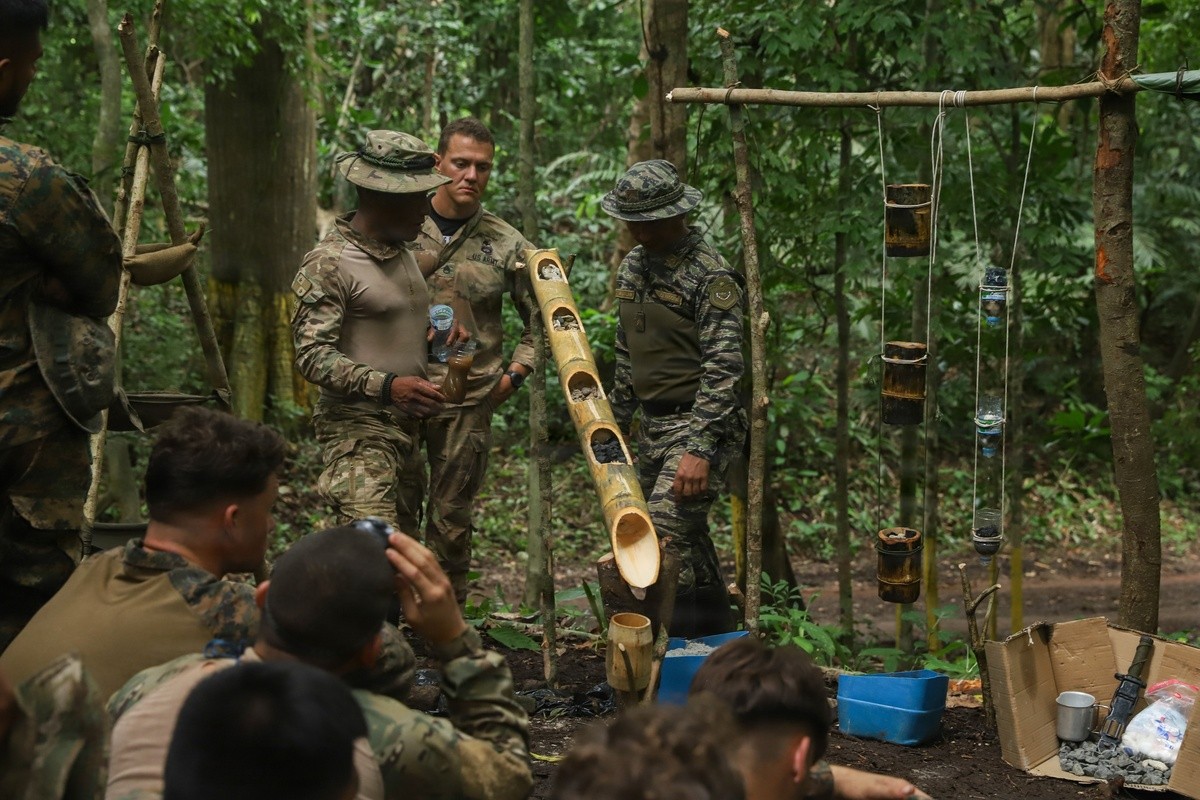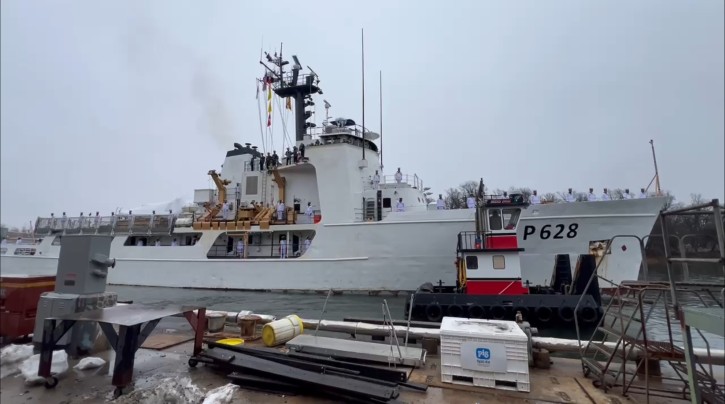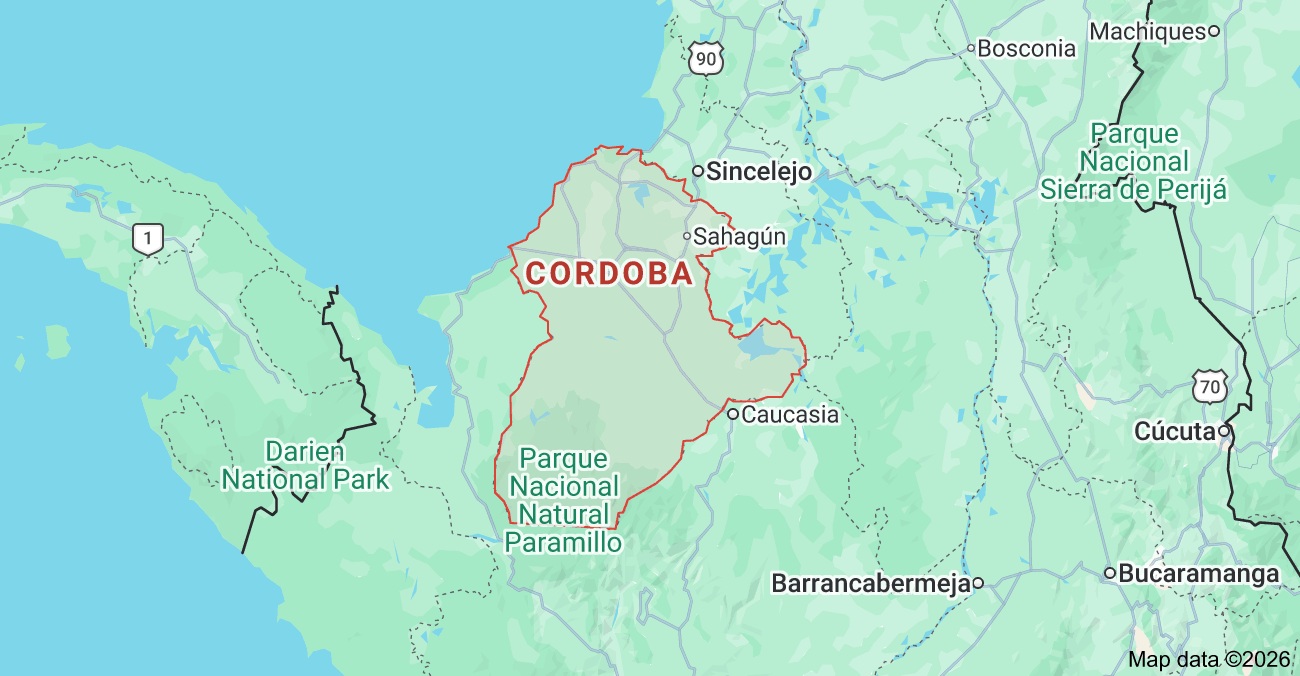WORLD VIEW: When water ignites war flames

By Mark Zeitoun
WATER is a human right, but too often one of the causes and tools of today’s wars. If we confront the politics behind the scenes with international standards, we can reverse that trend.

Water has been integral to war since before the Belgians manipulated the dykes of the Yser River to halt a German advance, in the muddy and blood-ridden trenches of World War I. With this in mind, the fight to control dams in Syria and Iraq – as with tensions spilling over transboundary rivers around the world – are entirely predictable, and well within our grasp to resolve. Yet water continues to be misunderstood by pundits, diplomats and politicians alike as a natural resource devoid of politics; a matter for environmental scientists and engineers.
It’s time we confront the politics that make water a source of conflict and destruction rather than one of nourishment.
Understanding the role of water as a source of war obliges a total rethink of the deeply-held idea that we will soon witness so-called “water wars”. This is a myth perpetuated by a simple, but erroneous, logic that climate change is driving water scarcity, and thus increased competition for water leading to armed conflict.
There has never been a “water war”, in part because water is used mainly for agriculture, counting for nearly 80 to 90 percent of usage in some countries; it is renewable; and has relatively little economic value. Unlike oil, water flows in a continuous cycle, and poor rainfall one year might be followed by good rains the next – so it is up to us to manage it within its sustainable limits.
Blaming God, mother nature, or climate change for increased tensions over water wrongly tries to absolve us of responsibility for our decisions.
Rather, we should focus instead on the unfair sharing of transboundary waters – or those bodies of water flowing through more one state – that does contribute to tensions that may lead to wars.
Look no further than the Tigris River, where the unchecked development of dams in upstream Turkey and Iran is drying up southern Iraq.
As in Palestine, Bangladesh, or Cambodia, farming families always feel the injustice the hardest, and well before the elites in the capitals do.
The challenge is to reconcile the clash between static borders and the incessant flow of water. Sovereignty is possibly the worst concept upon which to base sustainable transboundary water management, because it lets politicians assert their territorial control over a resource that is common to all peoples.
Water law
The most pragmatic guide for diplomats facing the challenge is the principles of International Water Law (IWL), as coded in the UN Watercourses Convention. IWL calls for “equitable and reasonable utilization” of transboundary flows, and other sensible ways to resolve tensions.
Though it entered into force in 2014, many states (Canada, United States, Turkey, Thailand, Israel, India, among others) continue to resist its ratification, suggesting that they may prefer the status quo. Still, diplomats sent to the Tigris, Jordan, Mekong, or Ganges would do well to have a copy of the Convention in their back-pocket – or risk coming up with an arrangement that is guided only by the vagaries of power, and have no sway over the path to war.
They had also better understand the role of water as destroyer, too, or as a tool of war.
As with war, water serves political ends. When the government of Israel provides water to induce its citizens to join settlements in the dry hills of the West Bank, but denies it to the Palestinian inhabitants, the precious resource lubricates a steady population transfer and stokes tensions. When the armies and militias in Mosul or Damascus vie to control the dams or drinking-water sources that their enemy is dependent upon, they are also contending for control of territory and people.
So water is politics by other means: discrimination, collective punishment, impoverishment.
And just like politics its use can be ineffective if the battle is for the hearts and minds of local populations. If water is used as a whip, people will remember will remember who is cracking it, as the government of Syria found out, when it bombed the source supplying Damascus in December 2016.
Colateral damage
Robust international humanitarian law (IHL) prohibits attacks that will cause excessive damage to “civilian objects” such as water reservoirs and treatment plants. The idea is that combatants should focus on each other; not on the water. In the same way that ambulances and surgeons and nurses are, or should be, exempt from such horror, so should water infrastructure and those people trying to maintain it.
While it’s easy to dismiss IHL or IWL because of how often it’s trampled upon; the snub is a nod of support to those who benefit from business-as-usual, the status quo. It is salt in the wounds of the farmers and water workers who pay the price of our indifference. If we are to ensure water is a source of life rather than of misery, we’ll have to confront the hidden politics that erodes the standards of what is acceptable, and fight to strengthen international law, no matter how un-fashionable the task is at this moment in world politics.
Mark Zeitoun is Professor Water Security at the School of International Development, and Water Security Research Centre, University of East Anglia and Adjunct Professor, McGill University.





